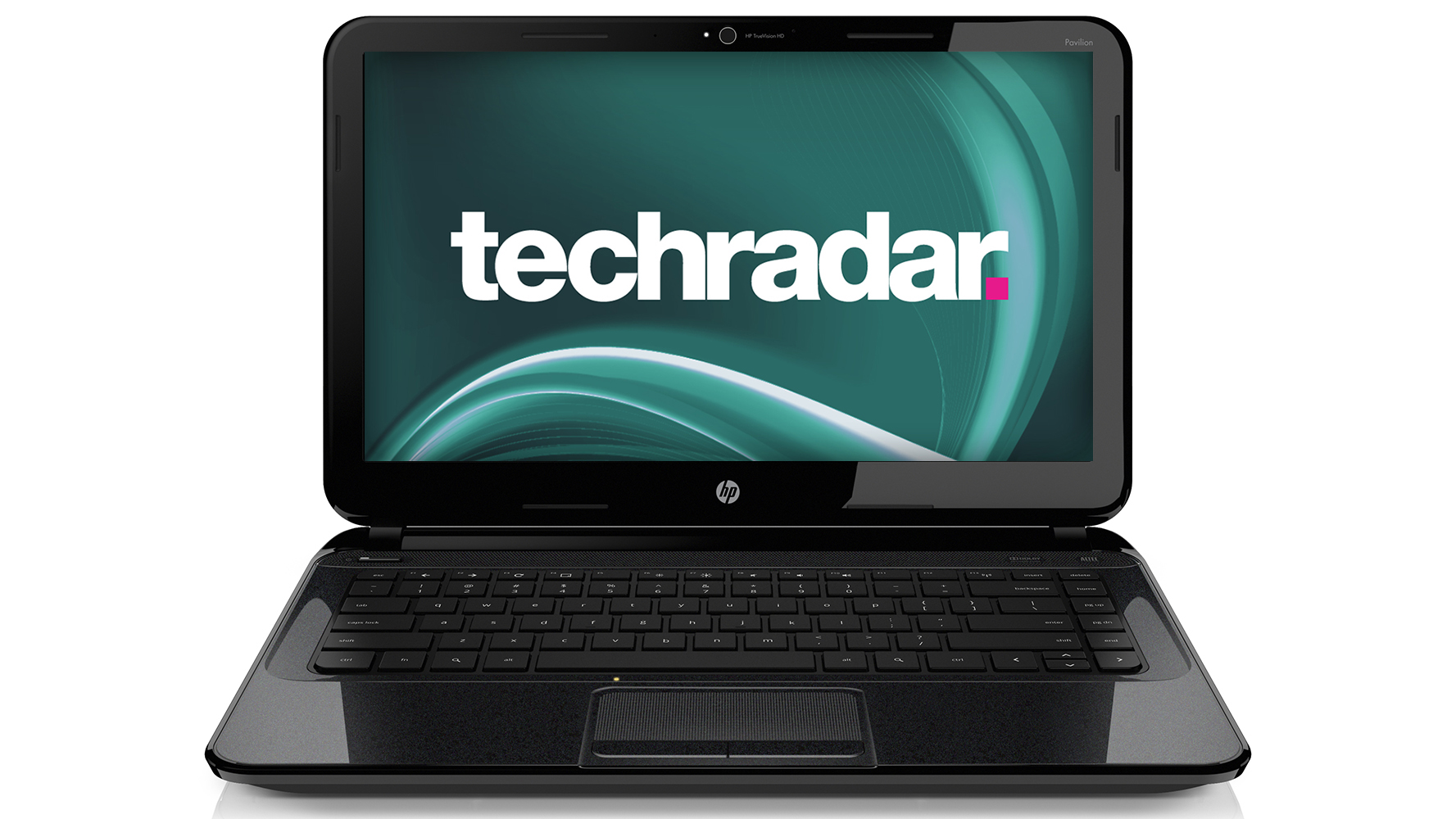Why you can trust TechRadar
We're cautiously positive about the whole Chromebook schtick, and it's nice that with the HP Pavilion 14 Chromebook and others joining in we now have a choice of models. And even if you're skeptical, it's worth at least considering one, even perhaps as a second computer.
Chrome OS continuously keeps itself up to date, requires no maintenance - in this, it feels much closer to an iPad than a normal laptop that requires frequent tending to - and is guarded against viruses. It's a nice machine to reach for if you just want to do a bit of writing, check in with Facebook or play some Angry Birds.
And we do, on balance, like the HP Pavilion 14 Chromebook. Yes, you can buy much nicer laptops and you could make an argument that you get the advantages of Chrome OS in an iPad if you add a Bluetooth keyboard, but there's something undeniably comfortable about the basic laptop design, and because Chrome OS doesn't need constant ministering to, it's something you can rely on to be always ready to go. No, it's not for everyone, but it's definitely appropriate for some.
We liked
Overall, the HP Pavilion 14 Chromebook feels like a well-made, solid laptop - witness especially that nicely stiff screen hinge - and while the screen and speakers are of course out-classed by laptops costing twice as much or more, they're eminently reasonable.
Deciding whether you want something more compact with a smaller screen or if you'd prefer to trade a little bit of that portability for the bigger canvas of this model is up to you, but we can definitely say that the compromise isn't a terrible one. It's a bit necessarily bulky, but its weight and heft aren't onerous.
A bundled 100GB space on Google Drive free for two years may mean that the 16GB SSD feels less pokey, too.
With the dishonourable mention of that battery life, the specs are pretty much perfect for a Chromebook, at least as far as that definition goes today, and it copes well with even demanding HD video streams. Plus, even from cold, Chrome OS boots up in seconds.
We disliked
The keyboard feels dead and its layout is a little peculiar in places - though at least it's nice and big, and it's good to have dedicated home/end, page up/down and delete keys.
If we exclude the Chromebook Pixel (which is fair; you wouldn't compare three family hatchbacks and an Aston Martin DB9), it's also the most expensive of the new crop of Chromebooks. And while the difference isn't much (at £199 / US$199.99 for the Acer C7 Chromebook and £229 / US$330 / AU$319 for the Samsung Series 3 Chromebook), and is probably accounted for by its bigger size, at £249 / AU$399 / US$329.99 it's beginning to creep out of the price range where it feels like a bargain, or the kind of thing where you'd splurge a little on a laptop even though you don't strictly need one.
We'll shut up about the battery life shortly, but it needs another mention here. You had the space for a bigger one, HP, to enable the Pavilion 14 Chromebook to last a working day away from the mains.
Final verdict
So if you think a Chromebook is right for you, which should you buy? We still think the Samsung Series 3 Chromebook (which, perhaps tellingly, is the one Google itself promotes through TV advertising), is the best balance. Yes, it struggles with some more computationally complex tasks and the screen is very washed out, but the long battery life and lightness make it feel like a pure Chrome OS thing.
We're not fans of the Acer C7 Chromebook, since it's too much like a normal netbook that Acer has crowbarred Chrome OS onto, although that does make it a nice little Linux machine if that's what you're after.
This HP Pavilion 14 Chromebook is a good if unexceptional laptop, though. It's a generous size and that 14-inch screen is acceptably good, it performs very well, and though the keyboard isn't a delight, the whole thing feels like it would be a decent sidekick for a good few years. If it wasn't for that dreadful battery life, we'd be recommending it much more strongly.
